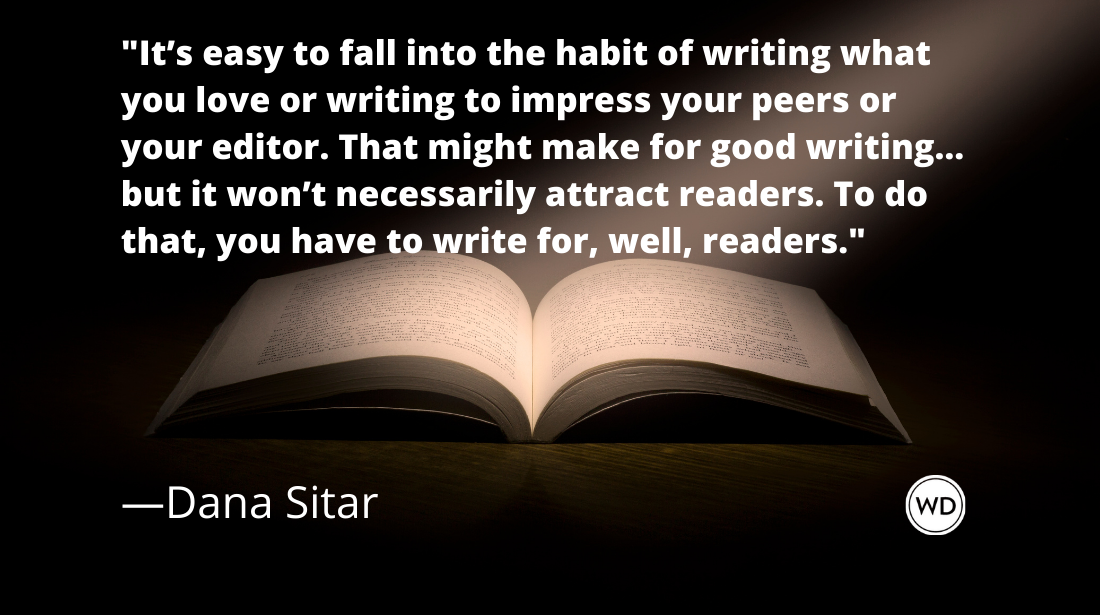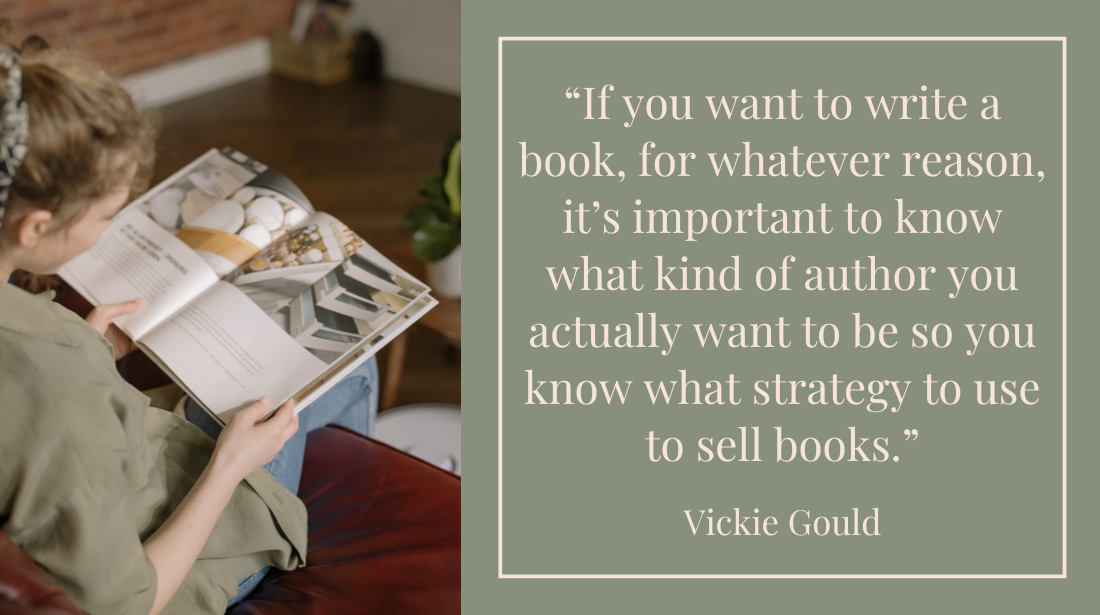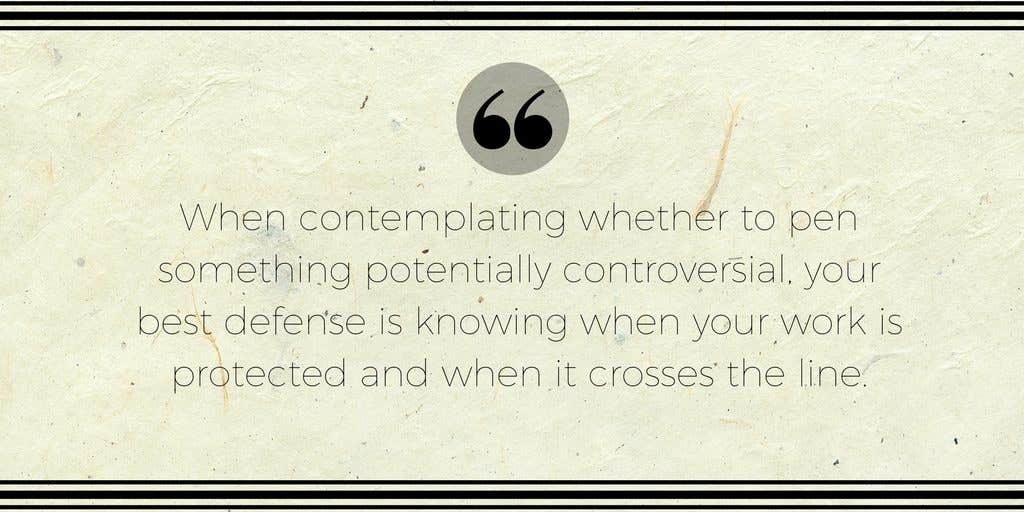Fair Use Legal Lingo You Can Understand
Copyright laws and fair use still got you confused? We asked WD legal eagle Howard Zaharoff, a lawyer in Waltham, Mass., to explain all those invisible boundaries concerning the fair use of song lyrics and literary works.
How much use is a fair use? My article in a recent issue of WD analyses the 4 (non-exclusive) Copyright Act fair use factors: (1) the purpose of the use, (2) the nature of the original work, (3) the amount used and its significance in relation to the original and (4) the use''s effect on the market or value of the original.
So what constitutes fair use of song lyrics and literary works?
Songs are generally short and imaginative. Borrowing even a line or two generally means taking a generous portion of creative expression—a loss under factors (2) and (3). Since the music industry actively licenses the use of lyrics (generally for fees ranging from $25 to $250), copying also means a loss under factor (4) ... and a music publisher after you!
Where the nature of your work requires quoting reasonably from the lyrics—e.g., you''re a music teacher or critic writing an analysis or review—you probably win under factor (1), which may be enough. (Parodies also get special privileges—but beware, they often attract lawsuits!). But don''t make other uses—to introduce chapters in your book, say—without permission.
In terms of quoting literary works, no definite guidelines exist. For the right purpose (e.g., to rebut a scandalous parody or to expose the racist views of a police officer), courts have allowed copying an entire work. For the wrong purpose (e.g., The Nation scooping publication of Gerald Ford''s memoirs by quoting several hundred words on the pardon of Richard Nixon), the courts have prohibited quoting less than 1 percent.
In most cases, quoting one or two sentences (100 or so words) from a published book-length work or lengthy article, for good reasons and with attribution, will be held fair use, whereas quoting 20 percent or more of any work will usually not be considered fair use. But in each case the answer depends on the 4 factors. So really, all you can do is apply these factors and, in close cases, consult a copyright lawyer or request permission.
Final warning: Even copyright lawyers can guess wrong. How much do you want to spend on legal defense to learn if they''re right? So unless your use is unquestionably a fair use, always consider whether permission is timely and affordably available.
WD Webinar:
Want more legal advice? Consider:
Legal Issues Affecting Writers









